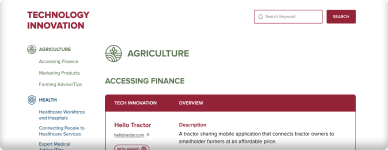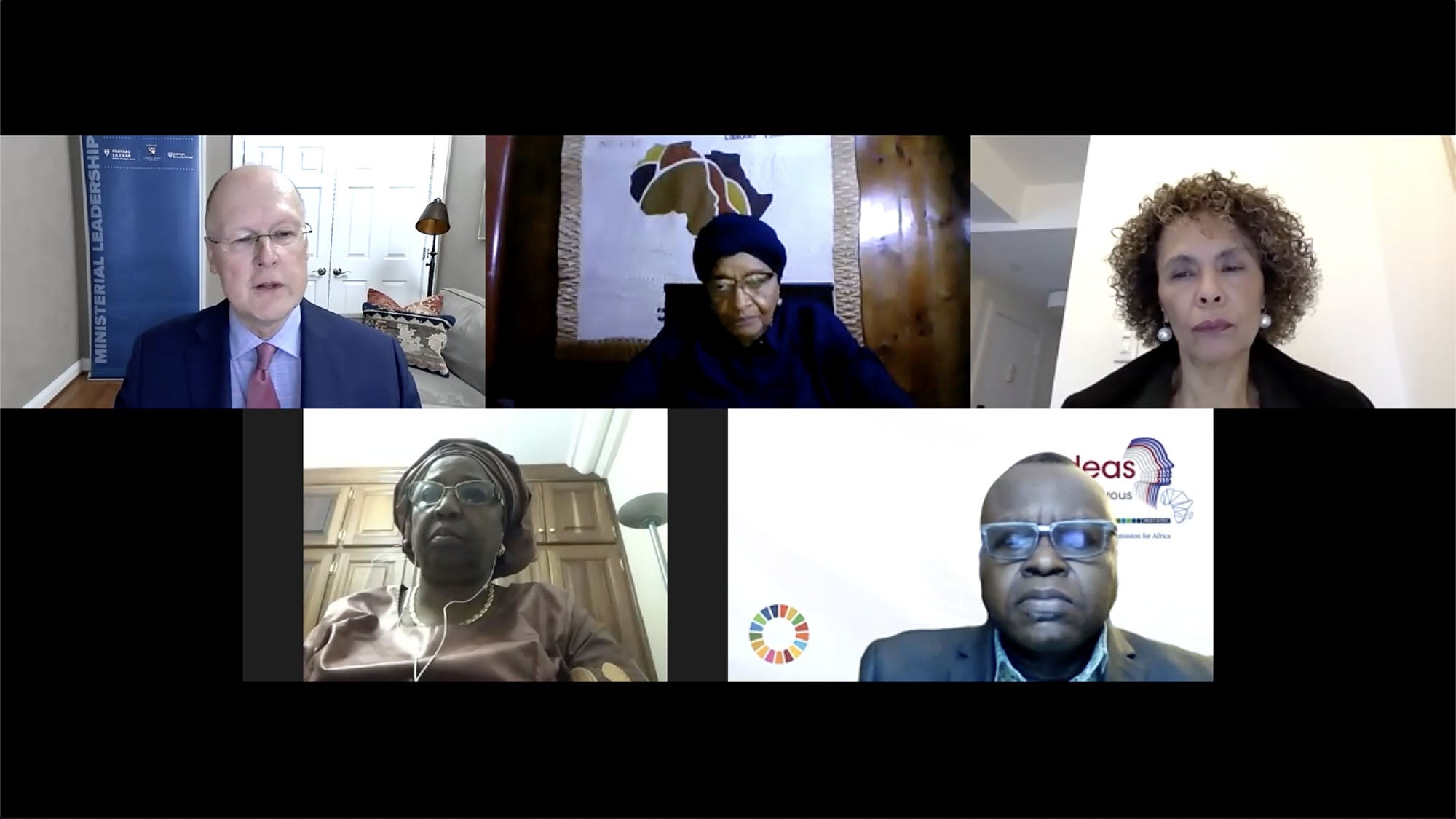Ramping up the rollout of COVID-19 vaccines in Africa is essential not only to stemming the pandemic, but also to alleviating loss of income, increased poverty and growing food insecurity, as well as to more rapidly regenerate economic activity. Although the severity of the pandemic in Africa has seemingly not reached the same intensity as other parts of the world, the social and economic impact has been profound for the majority of Africans living economically marginal lives even before the pandemic. African countries, like all others in the world, see the COVID-vaccine as the key to economic recovery, but African countries face challenges procuring sufficient vaccine supply and most are not well equipped to roll-out a vaccine program targeting a sufficient proportion of their population to achieve herd immunity.
While there is understandably a lot of attention to the struggle by developing countries to procure COVID vaccines, less attention is given to preparations to get the vaccines into the arms of people once countries actually have the vaccines. A high-level webinar organized by the Ministerial Program in collaboration with the UN Economic Commission for Africa (UNECA) aimed to set out the essential measures countries should have in place for efficient and equitable distribution of COVID vaccines. More than 80 serving government Ministers who are ‘graduates’ of the Harvard Ministerial Program, as well as senior government officials participated in the webinar introduced by WHO Director-General, Dr. Tedros Gebreheysus, UNECA Executive Secretary Vera Songwe, and World Bank Global Health Director, Dr. Muhammad Pate and lead by former Liberian President, H.E. Ellen Johnson Sirleaf.
Discussants emphasized the importance of recognizing national COVID vaccine rollout as a national imperative requiring a whole government approach. Understandably priority is given to the role of the health ministry in this effort, but discussants noted that all sectors have a role in providing logistical support and in helping ensure national access, as well as community acceptance of COVID vaccinations. Transparency and accountability in the distribution of vaccines will be essential to allay citizens’ concerns about discrimination and corruption. To do this effectively, countries need to ramp up the sophistication and reliability of their data and health information systems.
Listen to the full webinar here: https://youtu.be/UGrY6iDnv34
See associated Financial Times report here: https://www.ft.com/content/3bec85ee-e849-4b97-b2bb-4ca790546a0d


